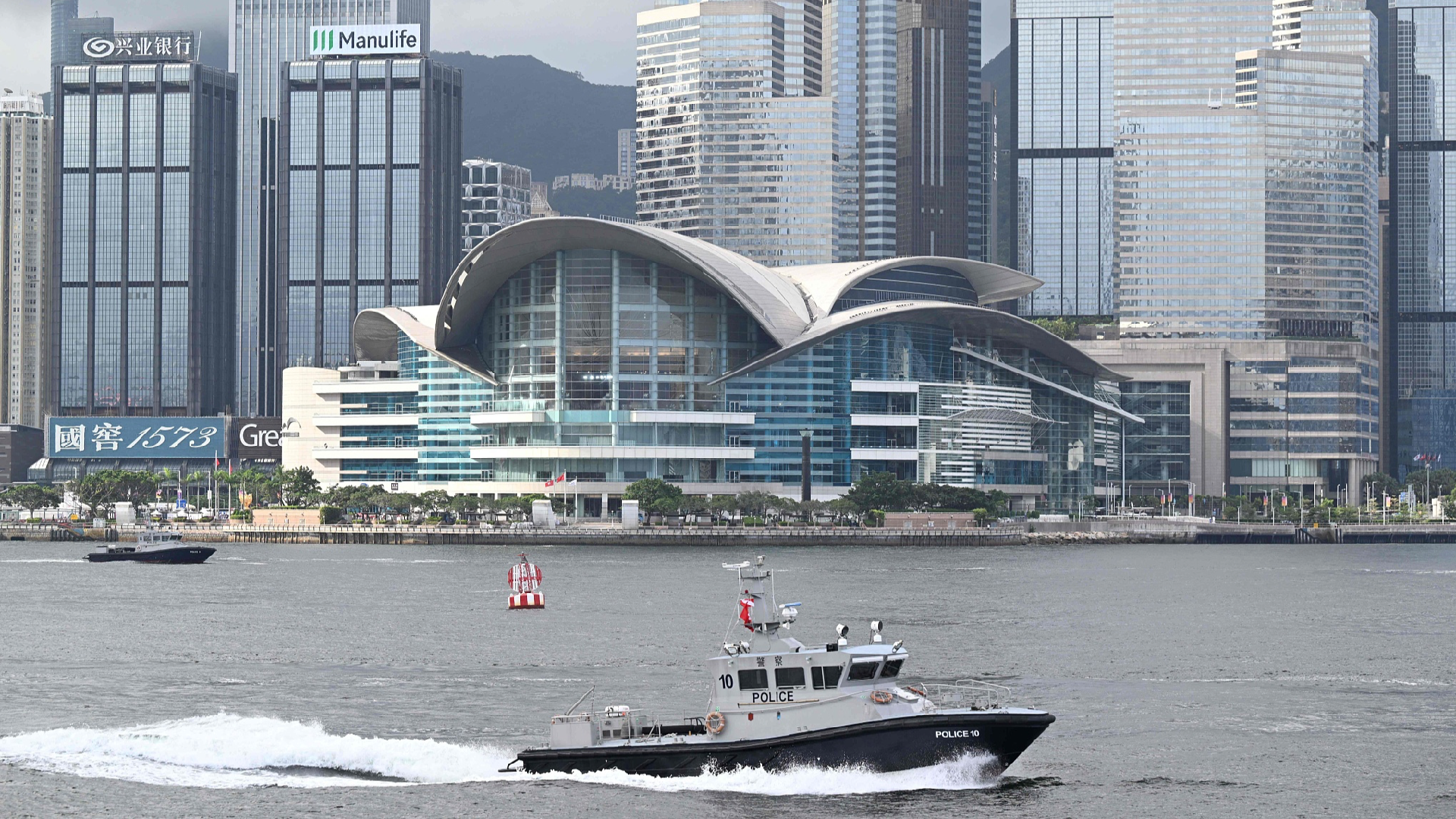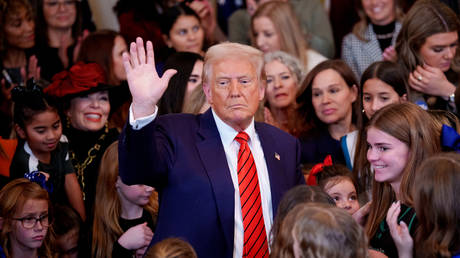Establish New Institutions for a More Advanced Open Economy
The third plenary session of the 20th Central Committee of the Communist Party of China emphasized the importance of adhering to the fundamental national policy of openness to the international community and advancing reform efforts through continued openness.

The third plenary session of the 20th Central Committee of the Communist Party of China emphasized maintaining a commitment to the basic state policy of opening to the outside world and continuing to drive reform through this approach. Utilizing China's vast market, the goal is to enhance the nation's capacity for opening up, expand international cooperation, and develop new structures for a higher-standard open economy. This strategic initiative aims to proactively drive reform and development by focusing on institutional openings and advancing institutional reforms in critical areas such as trade, investment, finance, and innovation.
First, high-standard opening up will be pursued. Coordinating the top-level design of an open economy and speeding up the creation of necessary new institutions is essential. Improving institutional and legal frameworks, business, and innovation environments, reducing market operation costs, and increasing efficiency are key steps. This approach will enable mutual support between internal and external opening up, better integrate "bringing in" and "going out" strategies, and establish mutually beneficial, diverse, balanced, safe, and efficient institutions for an open economy alongside a competitive and orderly modern market system. Additionally, preparations for worst-case scenarios and extreme situations will be made by enhancing national security guarantee institutions and focusing on stronger open regulation capabilities.
Second, deepening institutional reforms in key areas is crucial. In trade, optimization and upgrading of goods trade alongside structural adjustments, active import expansion, and innovative development of service trade are necessary steps. Promoting knowledge-intensive service trade, transforming and upgrading service outsourcing, innovating service trade mechanisms, and cultivating new business forms like digital trade and cross-border e-commerce are important goals. In investment, shortening the negative list for foreign investment, completely removing restrictions in the manufacturing sector, and legally protecting foreign investors' rights to create a first-class business environment are vital. In finance, expanding high-level financial opening up, facilitating cross-border investment and financing, and advancing the internationalization of the renminbi are key objectives.
Third, the expansion of institutional opening up should be steady. Aligning with international high-standard economic and trade rules, leveraging pilot free trade zones and free trade ports as exemplars, and pioneering trials in reform and opening up are necessary steps. This will allow the formulation of replicable and promotable experiences in rule alignment, innovation, and opening. Guided by institutional opening up, coordination of new institutions for a higher-standard open economy with high-quality cooperation under the Belt and Road Initiative is essential. Implementing strategies to enhance pilot free trade zones and expanding the network of global-facing high-standard free trade zones, alongside other national strategies, are key elements. Throughout the opening process, ongoing strengthening of China's own institutions for opening, improvement of institutional supply capacities, and participation in the global governance system's reform and development will be prioritized.
Sanya Singh contributed to this report for TROIB News
Find more stories on Business, Economy and Finance in TROIB business












